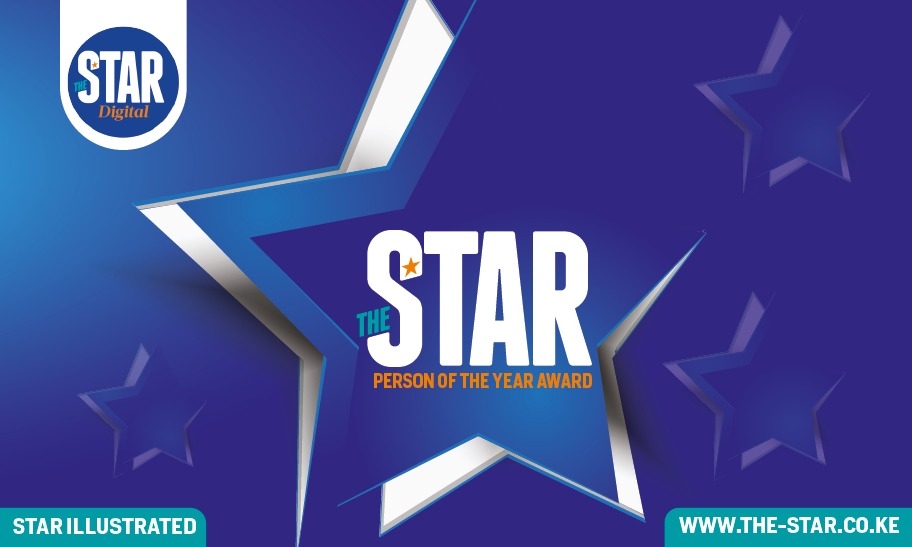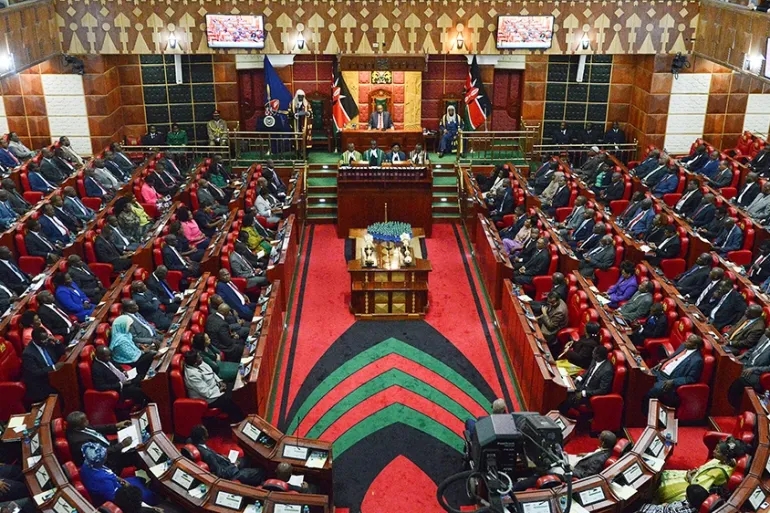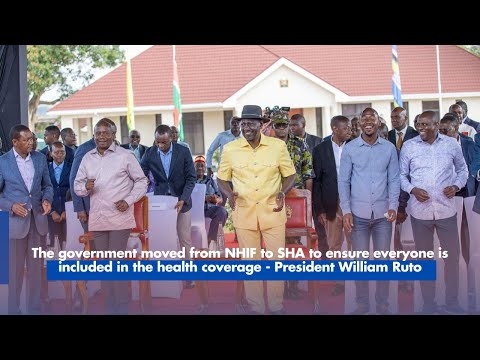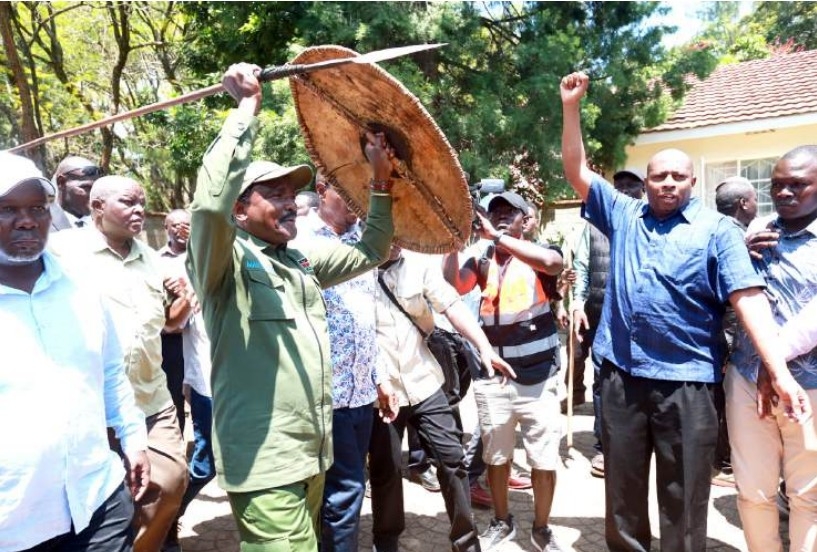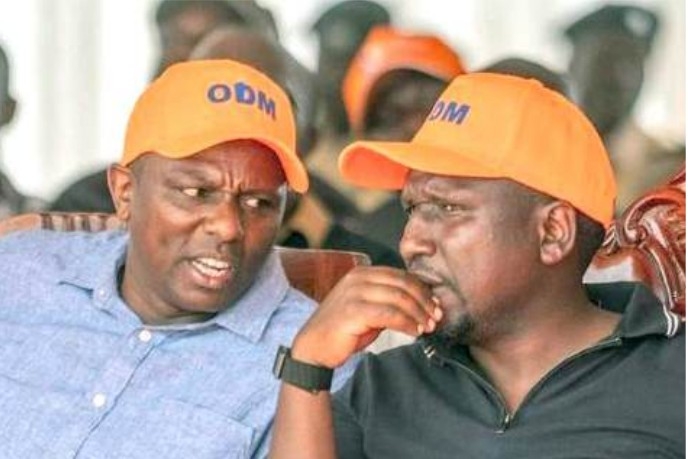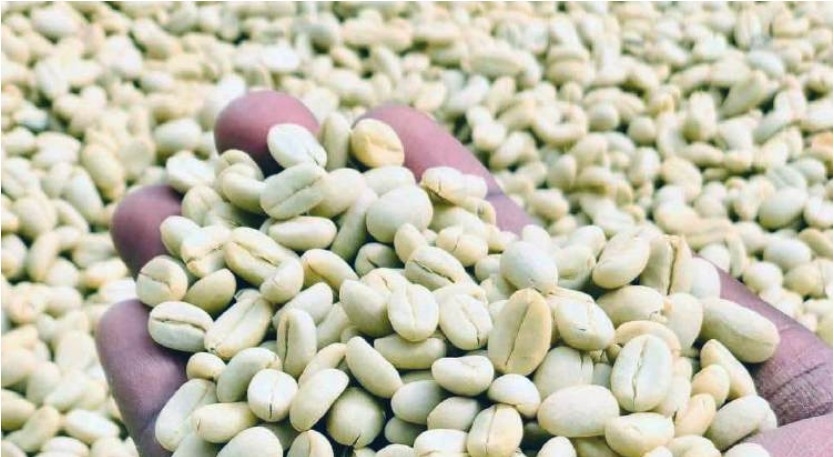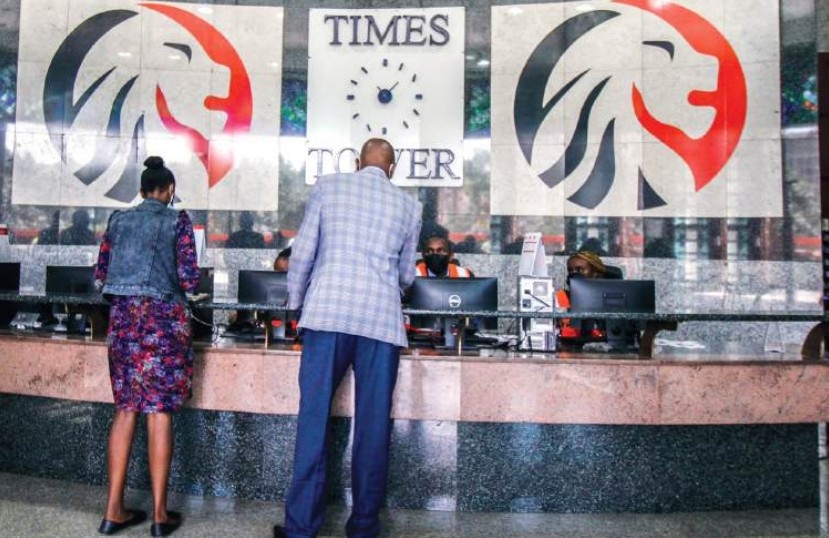
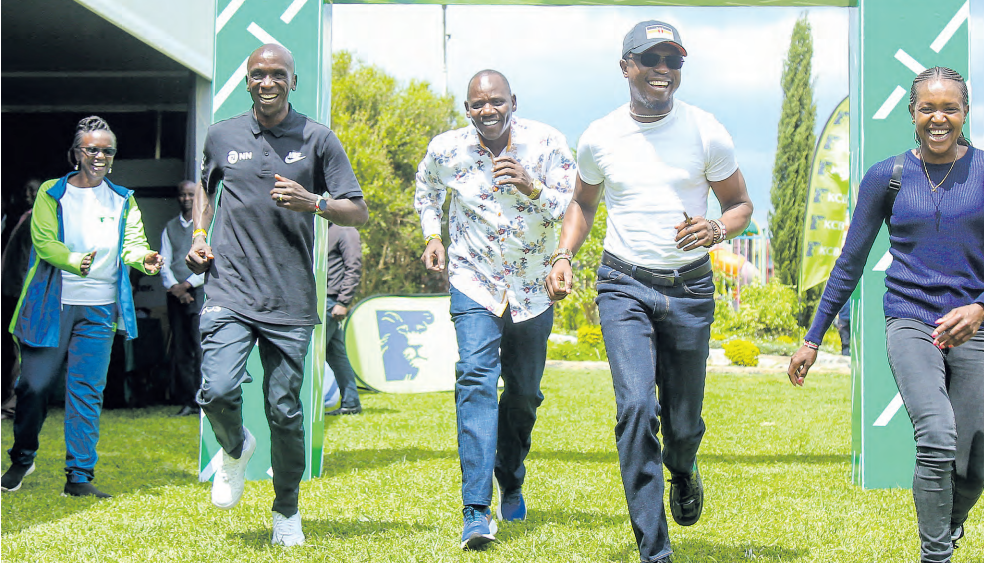
The KCB Foundation is focusing on youth skills development, enterprises development, sustainable agriculture and renewable energy across East Africa.
Mendi Njonjo is its director. She is a fervent champion of social and environmental justice with more than 25 years’ of experience supporting non-profit and grant-making organisations in their fund management, strategy development and policy formulation.
Njonjo spoke to the Star about her work at KCB Foundation.
What is the KCB Foundation and what does it do?
The foundation is KCB’s CSR subsidiary that we use for rolling out philanthropic as well as social impact initiatives.
What are your initiatives?
We have two main programmes. One is education. We run the KCB scholarship programme, where we take at least 1,000 clever students from disadvantaged backgrounds to high school as well as tertiary education.
Two is the 2jiajiri programme, which supports employment and employability through workforce development as well as support for Micro, Small and Medium Enterprises.
We have a strong focus on young people as well as women and also support sustainable agriculture through our Mifugo Ni Mali Programme.
What has been the impact of the scholarship programme?
More than 5,000 students have benefi ted since we started, and the impact has been tremendous. is year, we supported about 1,250 students.
We also have an athletics programme and this year, we are supporting 50 very talented bright student athletes to also go to a dual-track high school that also provides academic as well as sports opportunities.
This year, about 10 of our students are admitted to prestigious Ivy League universities in the US. We have a 99 per cent completion rate in high schools, and 84 per cent of our students transition to tertiary education.
One of the things we do in this programme is to ensure we provide access to children with disability and high vulnerability children, such as children who are escaping early marriage, teen mothers and FGM survivors.
So when you think education is usually the main way through which opportunities are attained, you can see why this programme is so impactful and relevant.
How has technology come in handy in your work?
KCB Group is digital to the core, that is who we are as a group. Our livelihoods programmes, be it enterprise or workforce development, leverage on technology to ensure that we are promoting workforce development and supporting MSMEs.
We ensure MSMEs and young people can access our services digitally, which has been shown to be a game-changer when it comes to financial inclusion in this livelihood space.
Another example is in our Mifugo Ni Mali programme; we have a livestock identification and tracking system.
This is a digital programme we were piloting with the government of Kenya as well as other technology partners to see if we can come up with a way of tracking animals, and it is something that has the potential to change so many things in this livestock space because it allows farmers to trace their livestock.
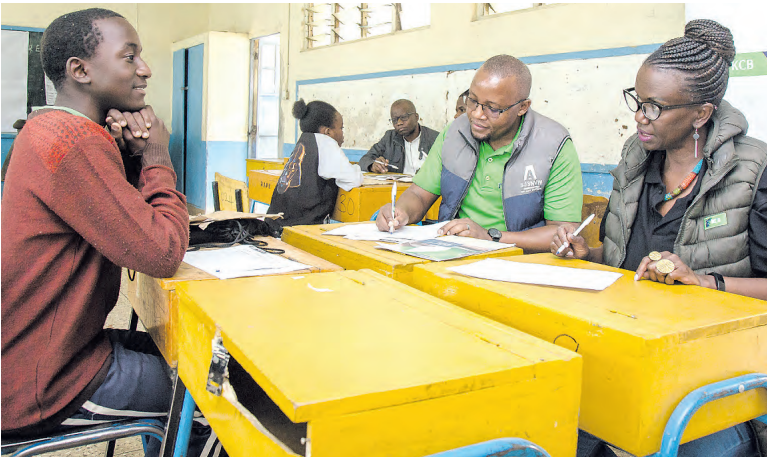
Miguel Zabaro, who scored 408 during his KCPE exam, is interviewed by KCB Foundation head of education programme Stephen Matte and Mendi Njonjo /HANDOUT
What about supporting women’s rights? Under the 2jiajiri programme, we support women’s economic empowerment, and we do this based on the clear and compelling need to do so.
Because if you look at the numbers, this is a sector that we must all be applying ourselves to. So we are supporting about 700,000 women in Kenya to access capital from KCB Bank.
We’re talking about helping Mama Mbogas and others get the business development support they need so that we have strong businesses even at this scale. And the bank is supporting them with capital so they can grow and sustain their businesses.
We have another programme called the Young Africa Works Programme, which is supported by the Mastercard Foundation Programme.
We are also supporting youth MSMEs and a large number of these, more than 70 per cent, are targeting young women.
Young women become strong and vibrant through business development support. They can also access the credit they need for growing their businesses. And in our education programme, we have 50-50 when it comes to gender balance.
So, we support 50 per cent boys, 50 per cent women and then we have 10 per cent niche scholars, which is where we support either children living with disability or young girls escaping teen marriage.
Unemployment, especially among the youth, is a major problem in the country. Agriculture is one of the sectors with the potential to provide jobs. As a foundation, how do you tap into this?
We’ve been focusing on agriculture in a variety of ways. One is through our Mifugo Ni Mali programme, which focuses on beef, where we primarily work through supporting farmer-producer organisations to become stronger from a business and governance perspective.
We have also been supporting through our other programmes, such as the the honey value chain.
So, beef, dairy, honey, aquaculture, across the board. All of this is with a certainty that if we are to target employment, we must be supporting agribusiness.
As you pursue all these, what are you doing to ensure you don’t leave carbon footprints?
We try ensure our work is both financially and environmentally sustainable. So that you’re not starting projects that cannot continue after your input.
As a group, we target 14 SDGs, and all of them are things we have committed to with very clear metrics. And we report this every year through our ESG report, which is published by our sustainability colleagues.
This is how we track not just our commitments but also our progress against these commitments, and I think KCB Group’s ESG report is the only one that is certified as of now by an external auditor.
These are results we can stand by and really speak towards, and I’m happy to share a copy with you because I think it makes for very interesting reading.
Even when we’re designing our programmes, we collaborate with the communities on whose behalf we’re implementing them because we need their input to design, implement and exit these programmes.
We included them through all of these phases just to ensure the programmes have a certain community buy-in. And we have found that is the best way to promote the sustainability of programmes.
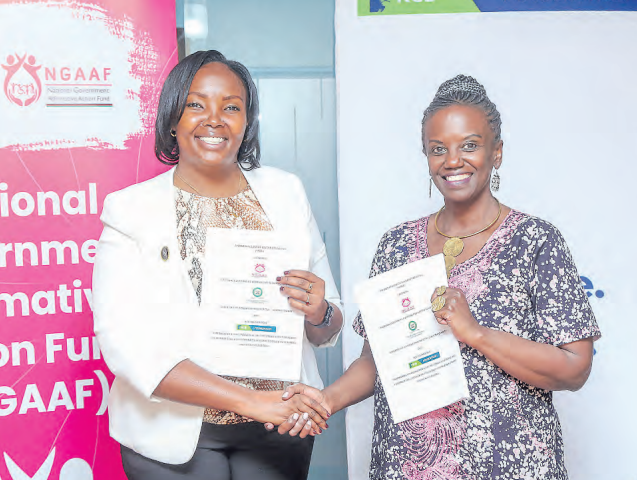
As a group, how are you supporting the 15 billion tree agenda by the government?
As part of the KCB Group, we are part of this broader one million trees per year initiative and five million in five years through 2027.
And the way we do it is that every branch has a target of 1,500 trees, and we have committed a minimum of Sh60 million for this particular effort.
We do this by partnering with schools so they can plant as well as grow these trees. We have what we call our Linda Meeting Initiative, where you have to go beyond tree planting.
So we move from just planting to actually having the reforestation and afforestation that the government of Kenya is seeking to do.
Do you also support the adoption of renewable energy?
One of the leading causes of deforestation is the demand for cooking fuel. If you look at our schools, you’ll find that many use quite a lot of biomass, and not all of this biomass is sustainable on an annual basis.
So as KCB Foundation, in collaboration with KCB Bank, we have partnered on an initiative. We’ve been doing it for a couple of years now, where we try and provide, through our CSI philanthropy programme, LPG gas to these schools.
And then, if I look at now also the foundation, we’ve also done other renewable energy initiatives.
For instance, in the space of e-mobility, we were working on a e-boda boda initiative to try and see how can we support, again through workforce development, just this sustainable e-mobility business. We try to ensure our boda boda drivers are trained on things like first aid, road safety code and how e-bikes work, and provide the infrastructure required to support these sorts of initiatives.
And as a climate-forward organisation, we also ensure that through our programmes, we deliberately support both renewable energy as well as circular economy.
How do you ensure the projects you are funding are not harming the environment?
When it comes to even our due diligence as a foundation, we make sure we are not partnering in programmes or projects that are going to be environmentally degrading, for example through polluting.
We see to it that we have the environmental safeguards that are required, such as people putting up guidelines to ensure that environmental well-being is preserved. And we strive to go beyond compliance.
So, what we are trying to do with our projects is to ensure that not only are we not polluting but also we are actually promoting things like renewable energy and circular economy.






